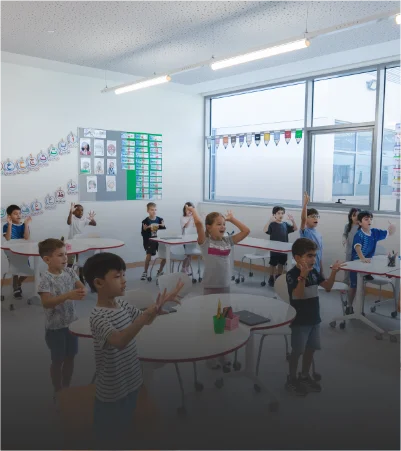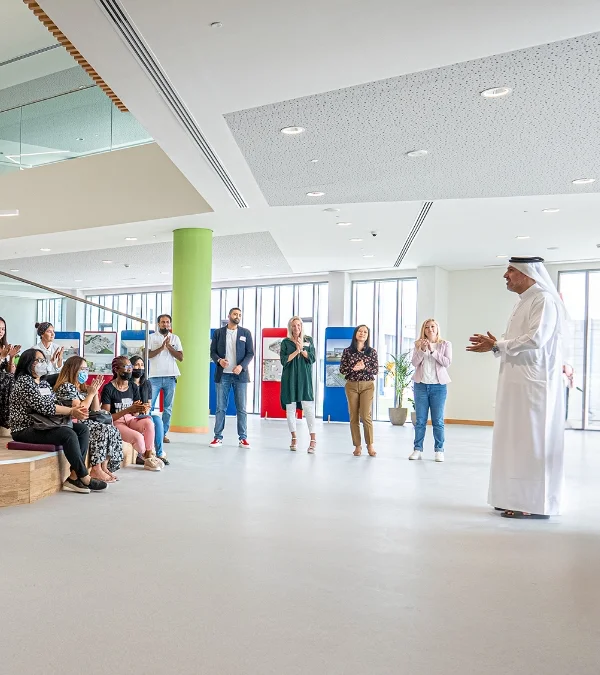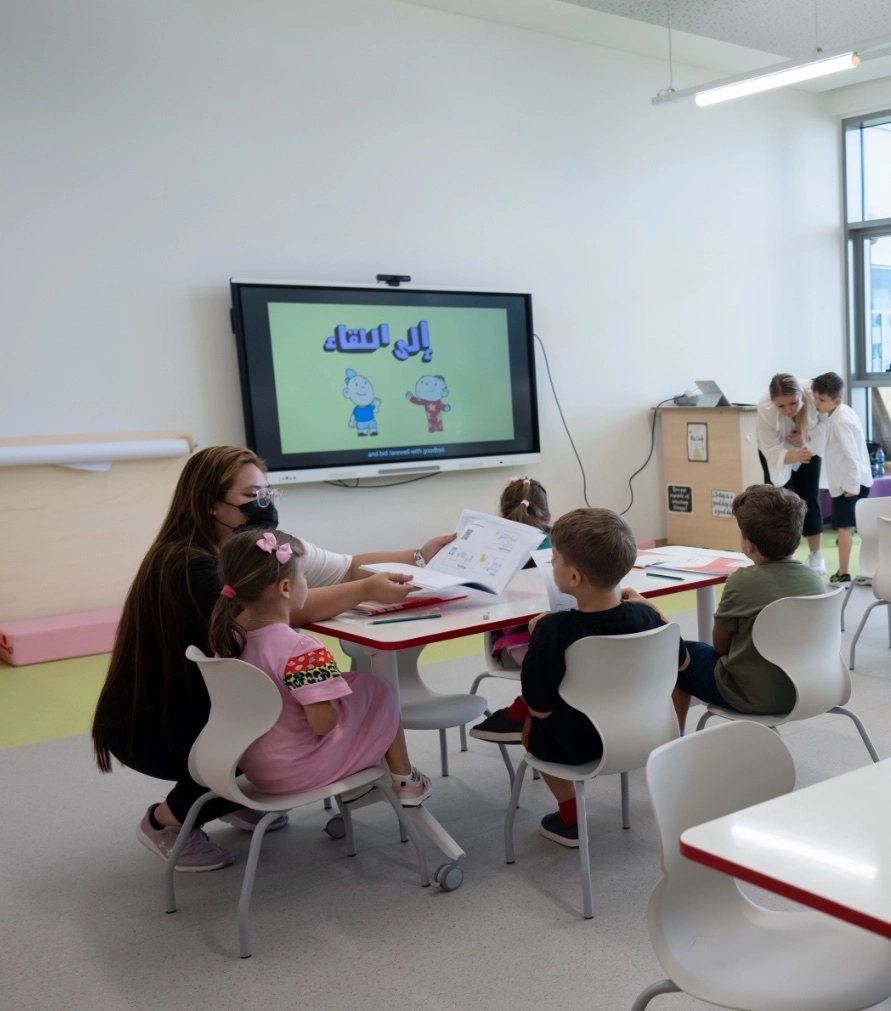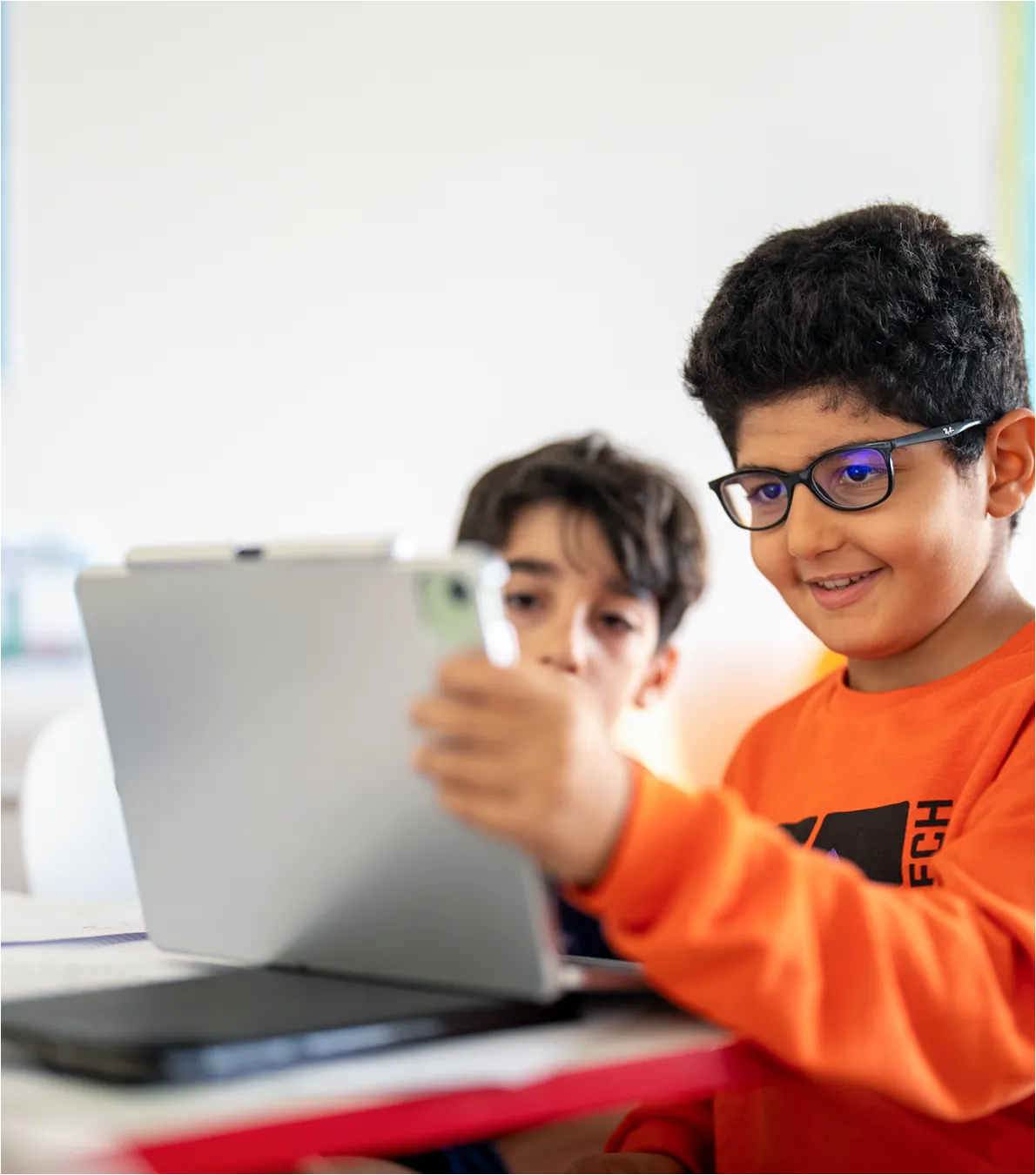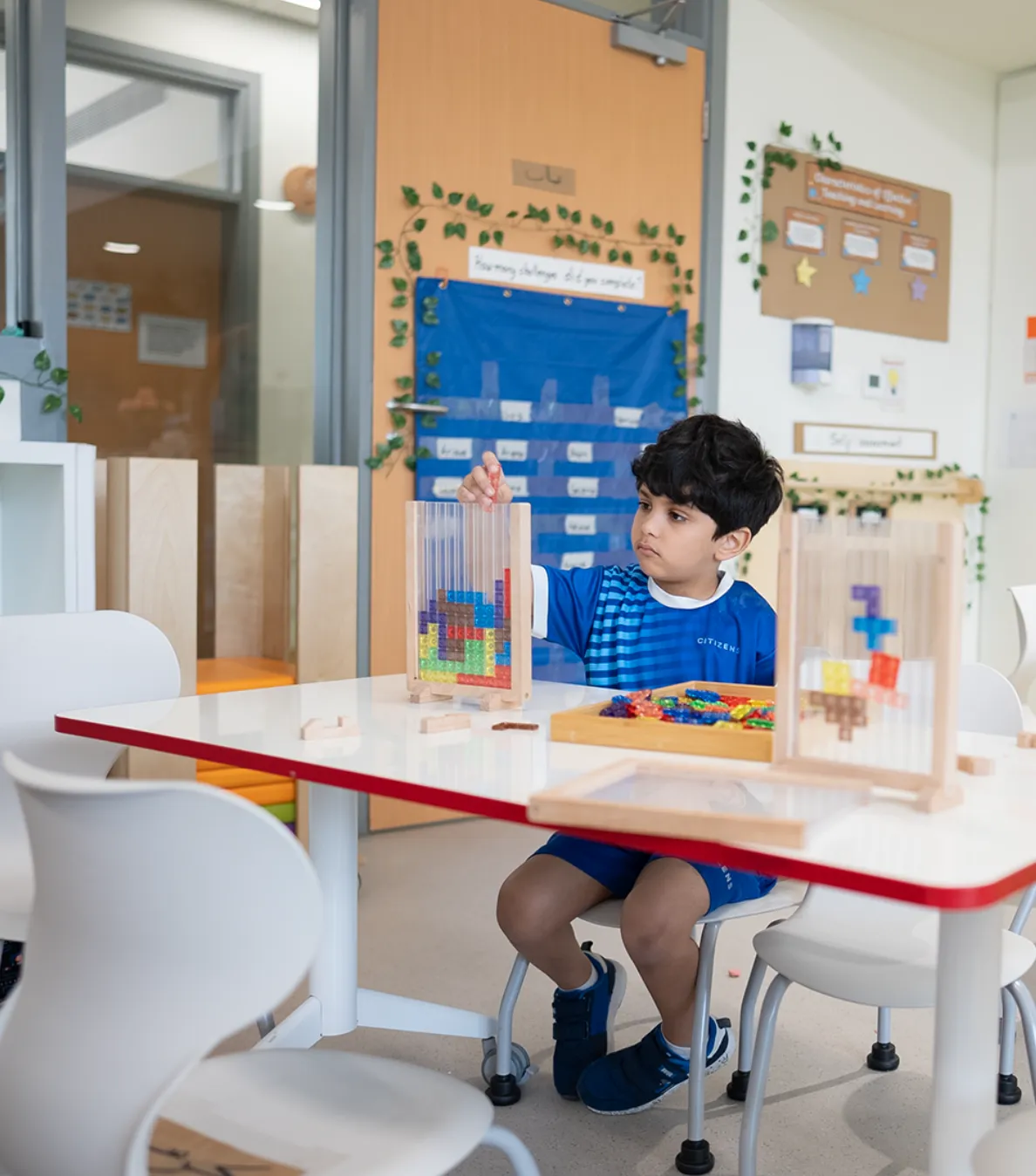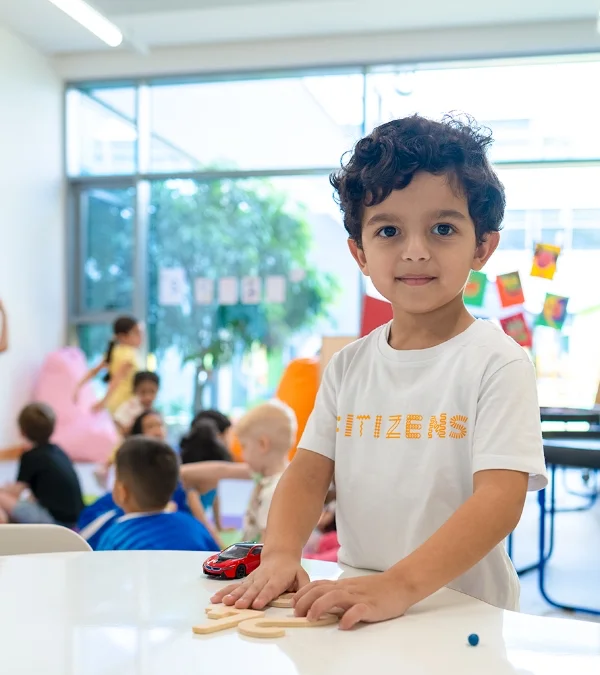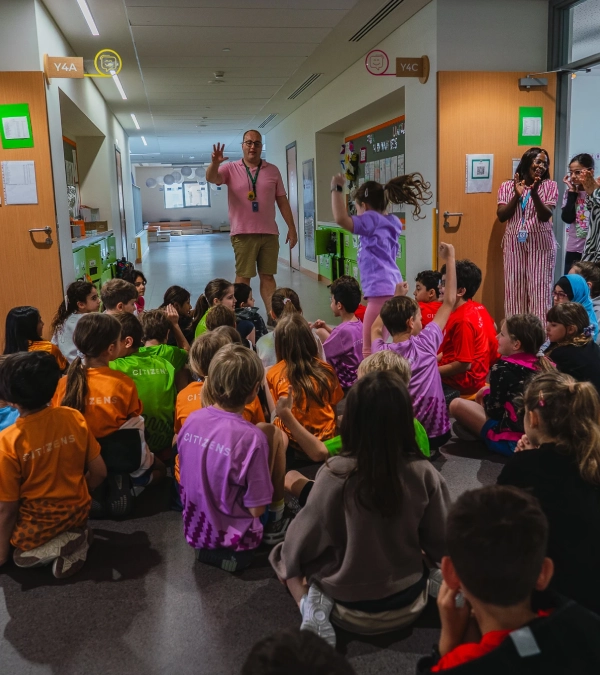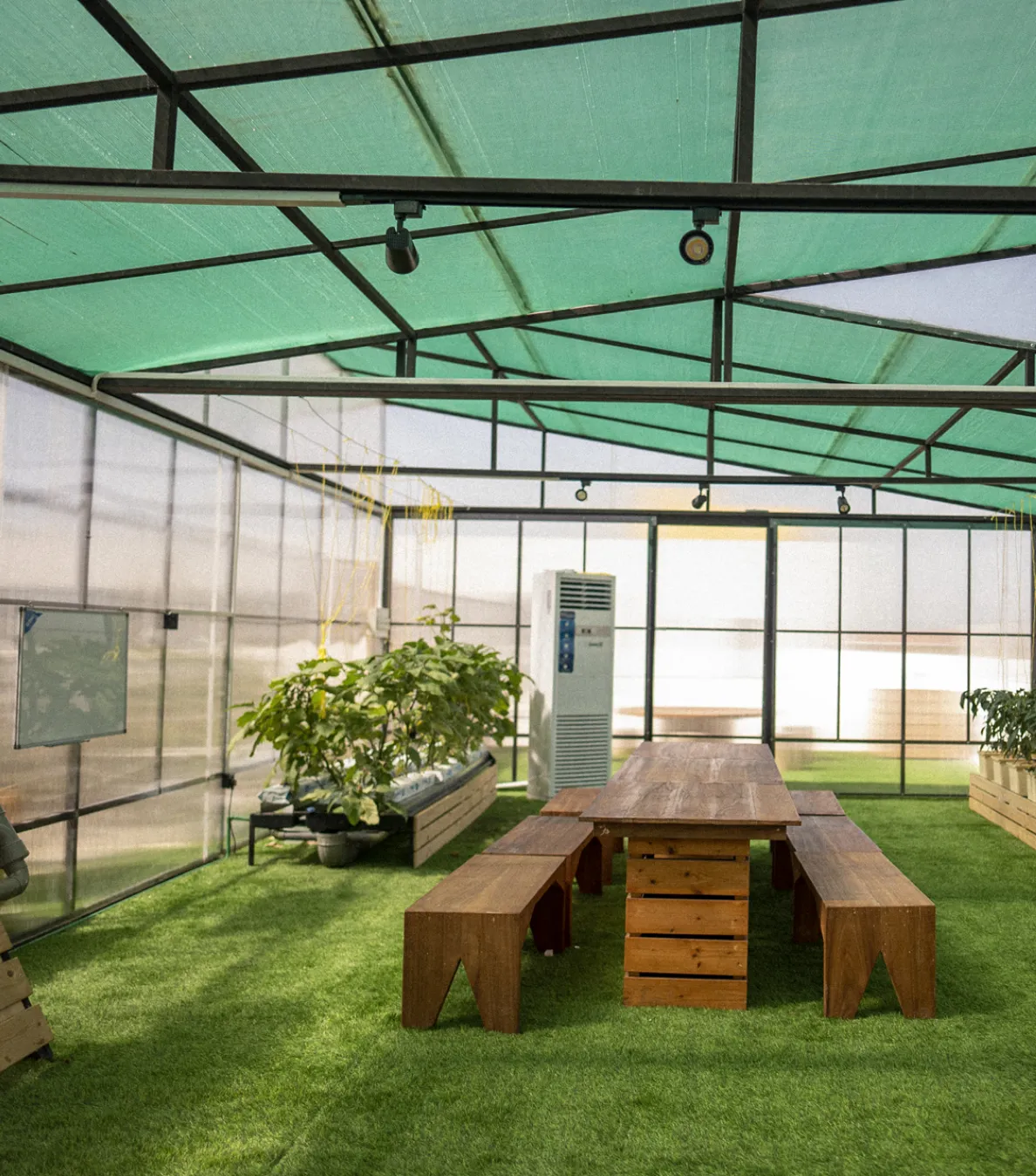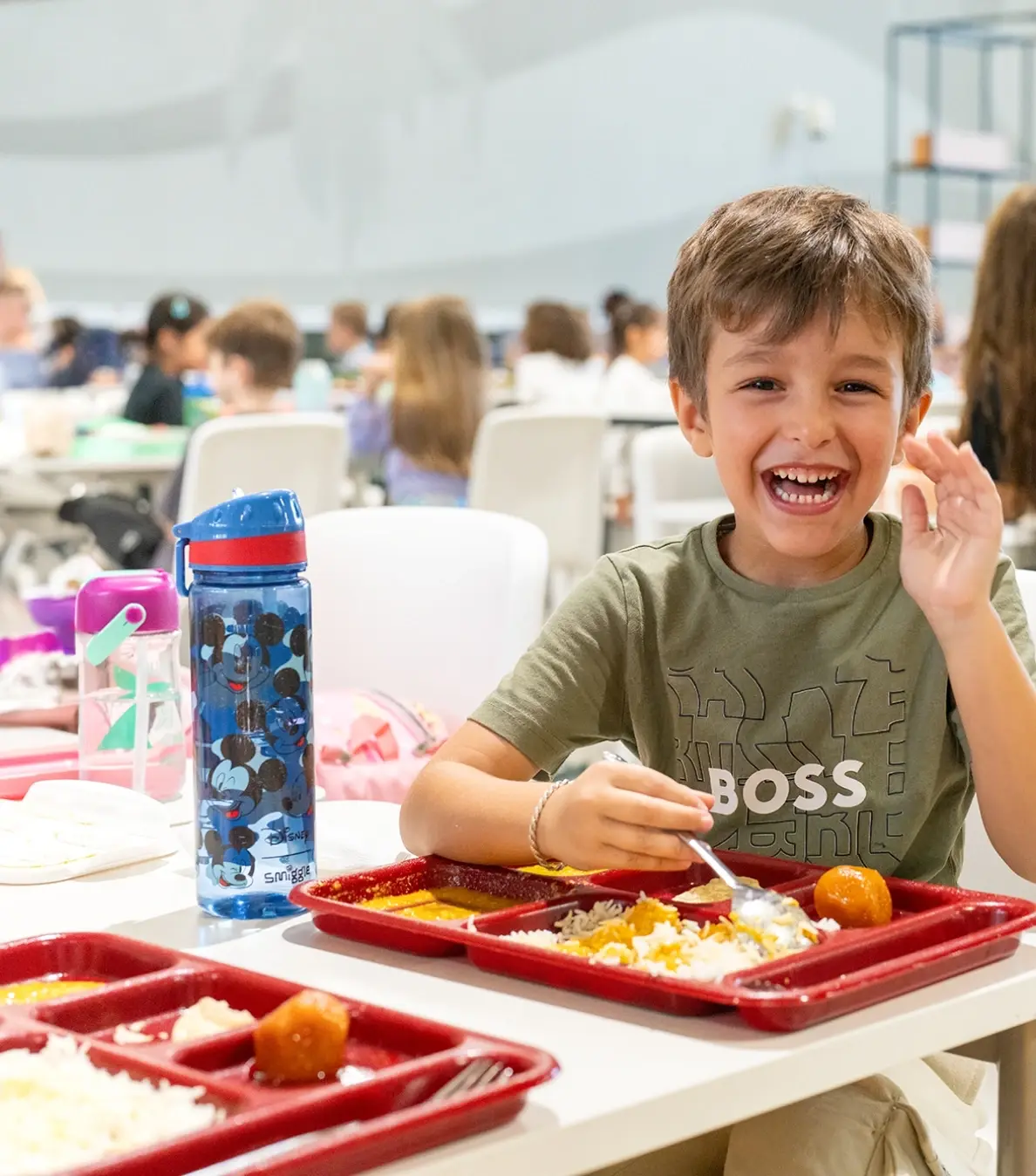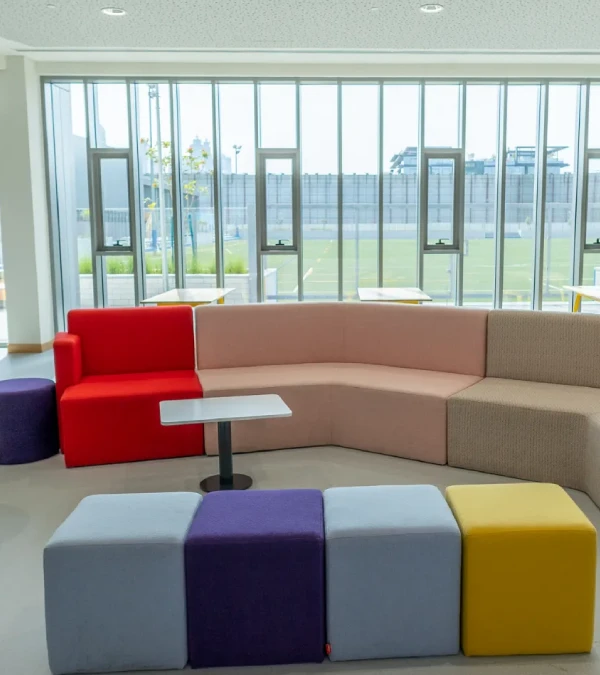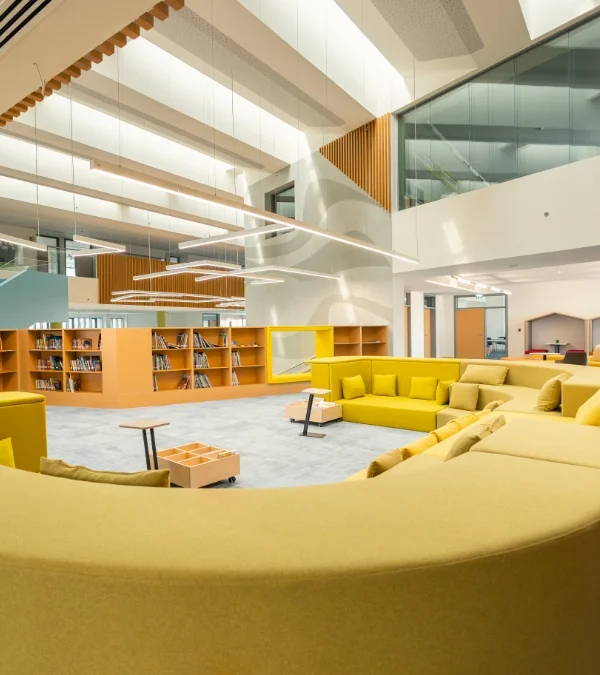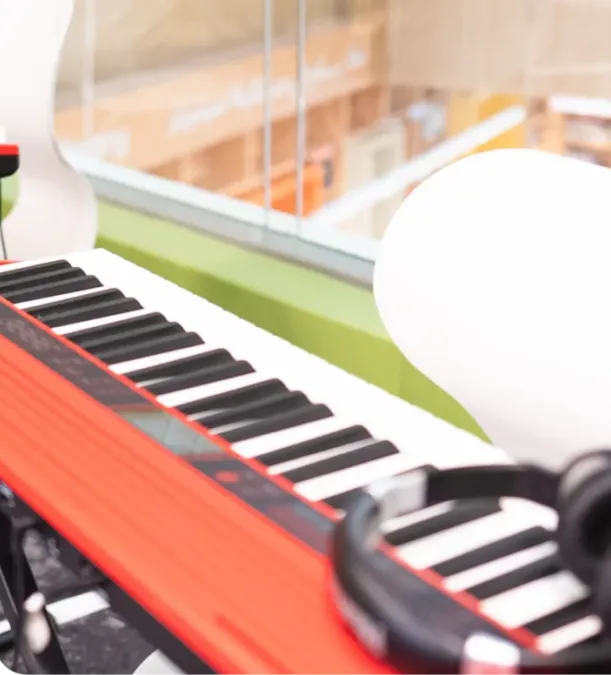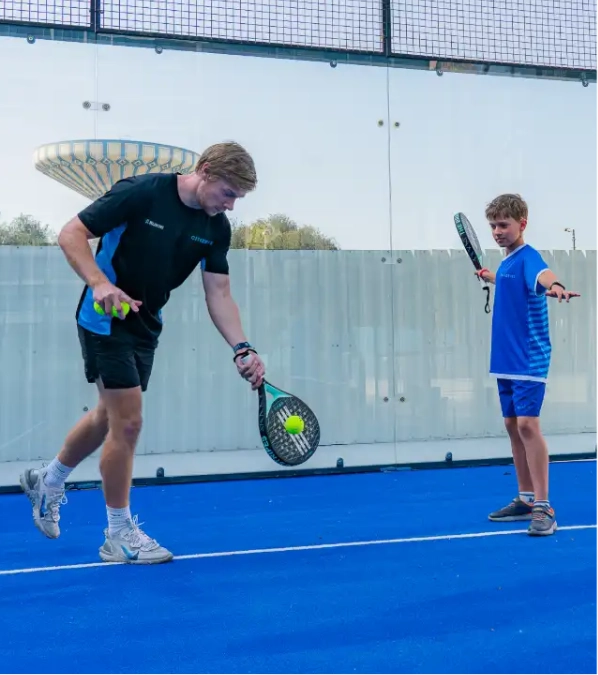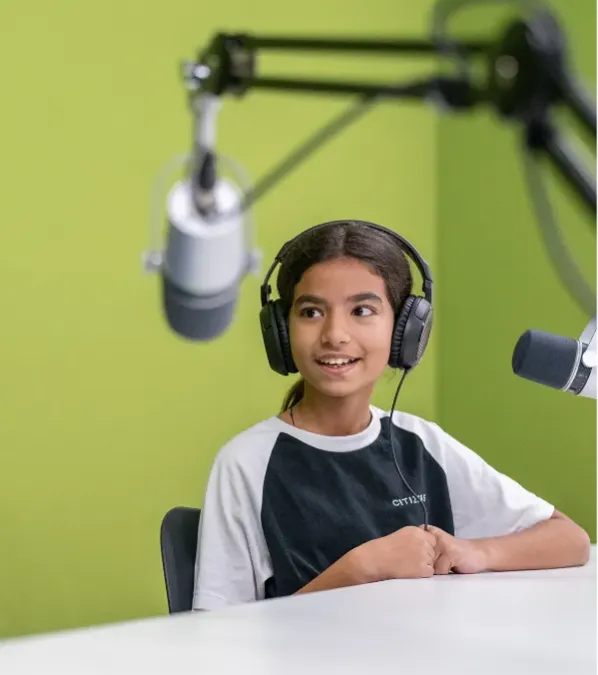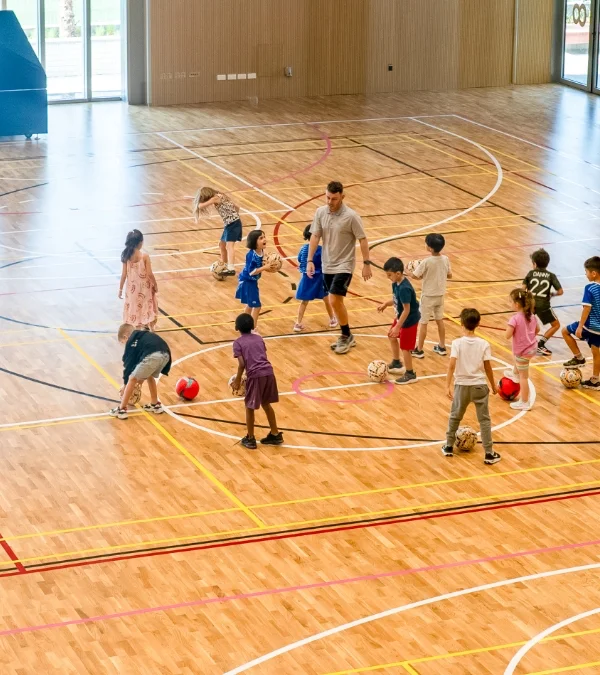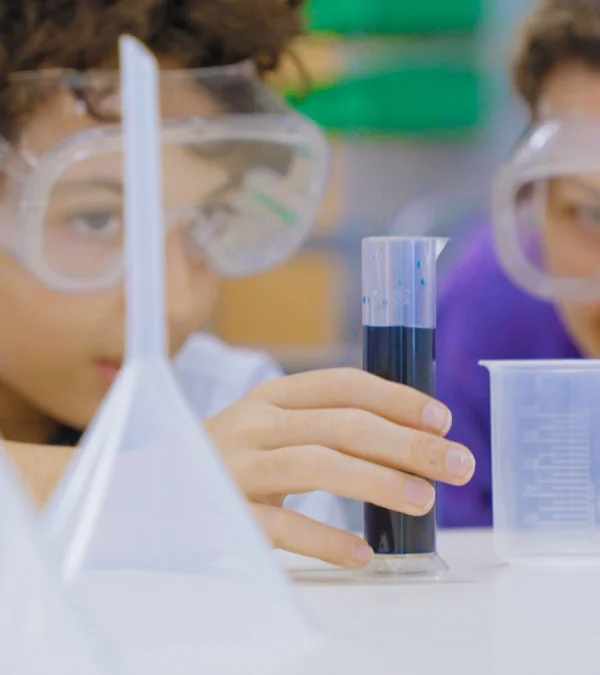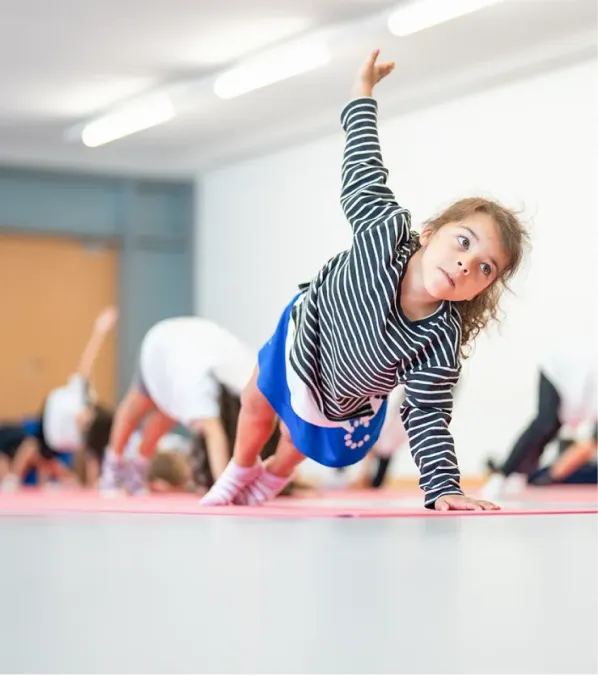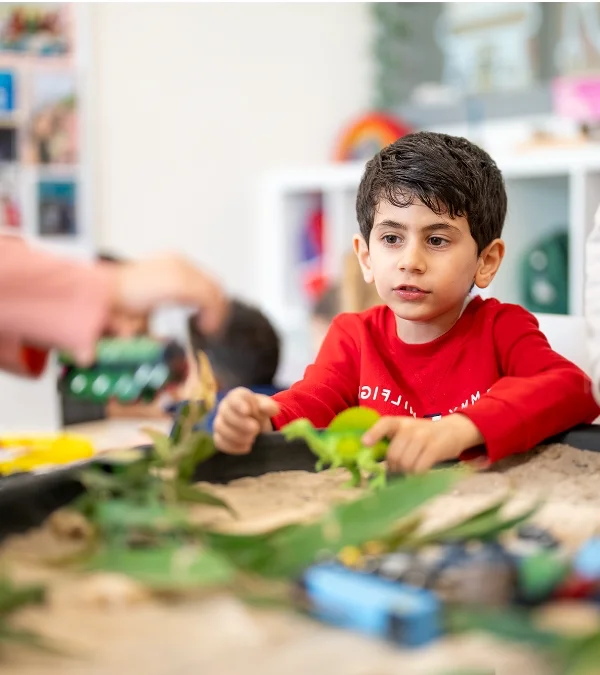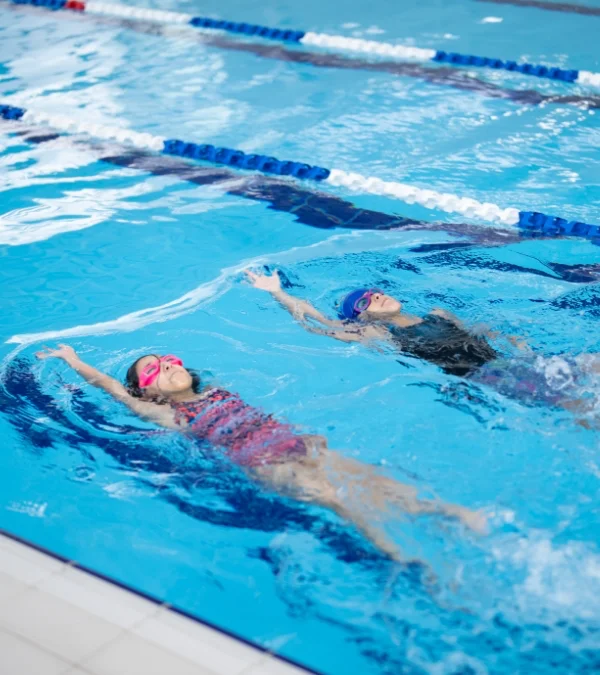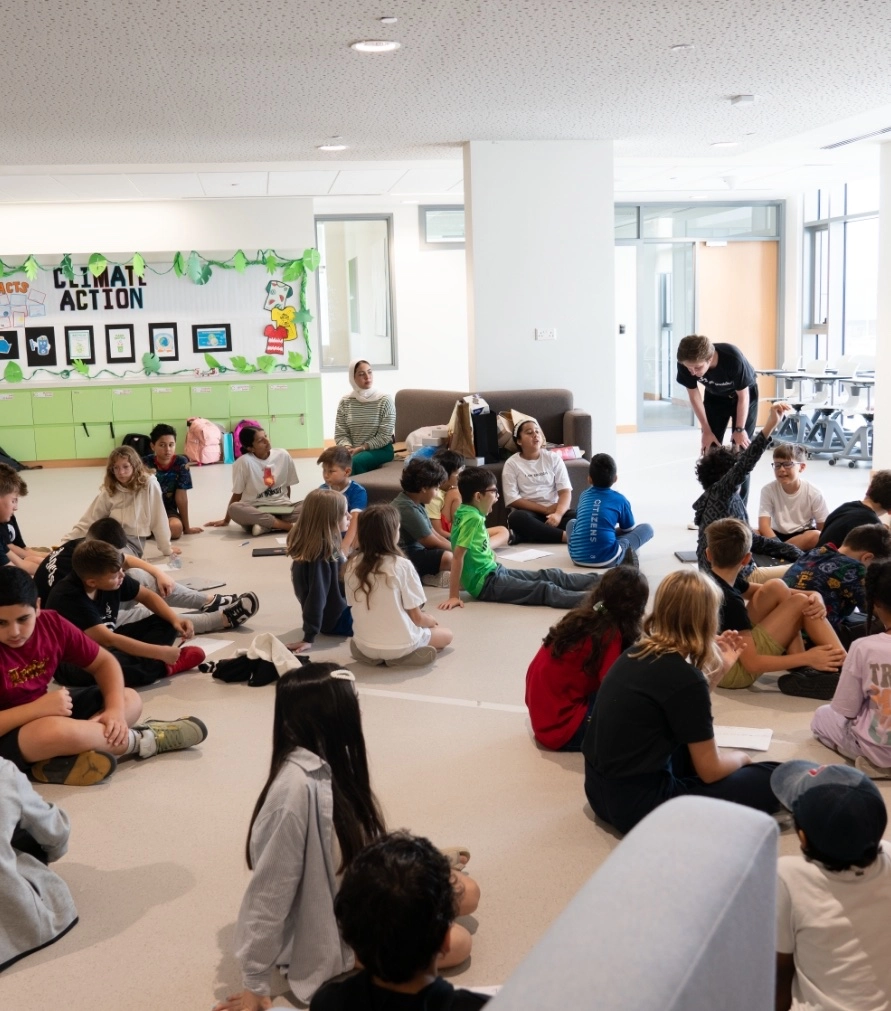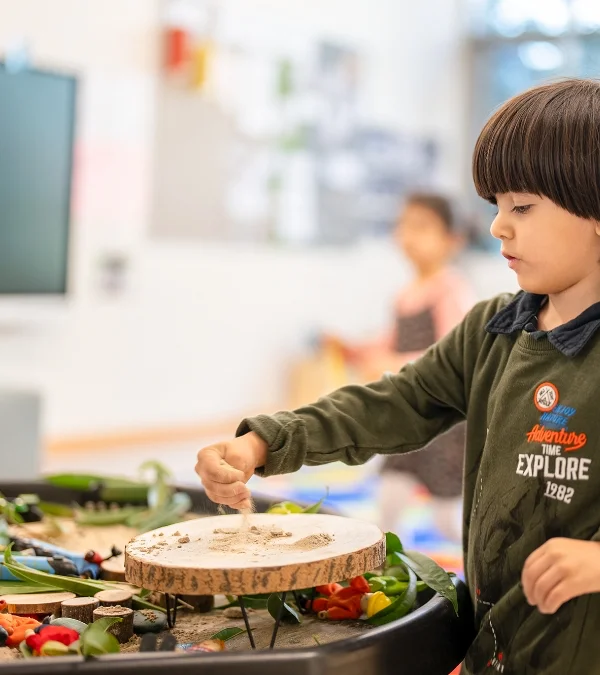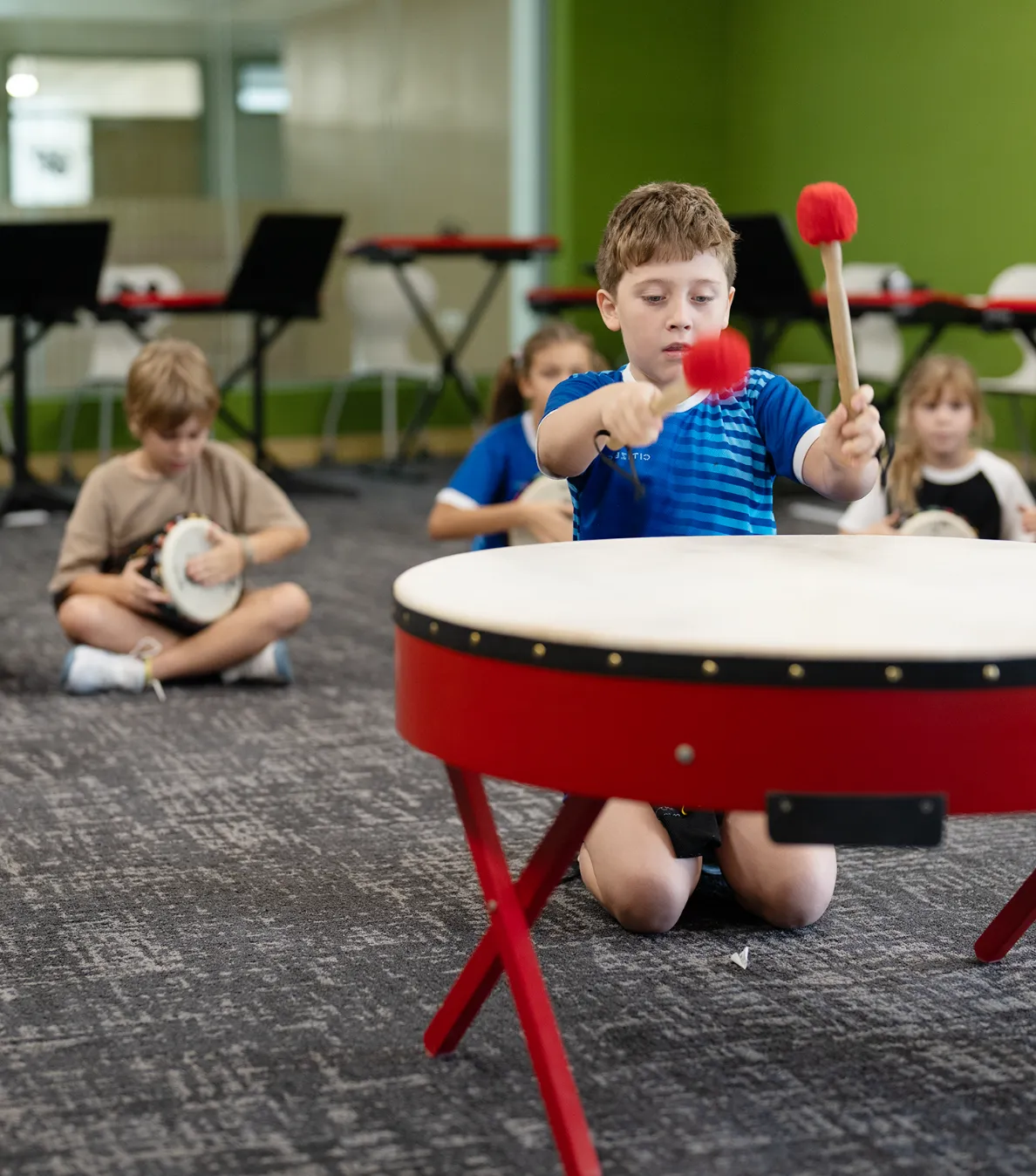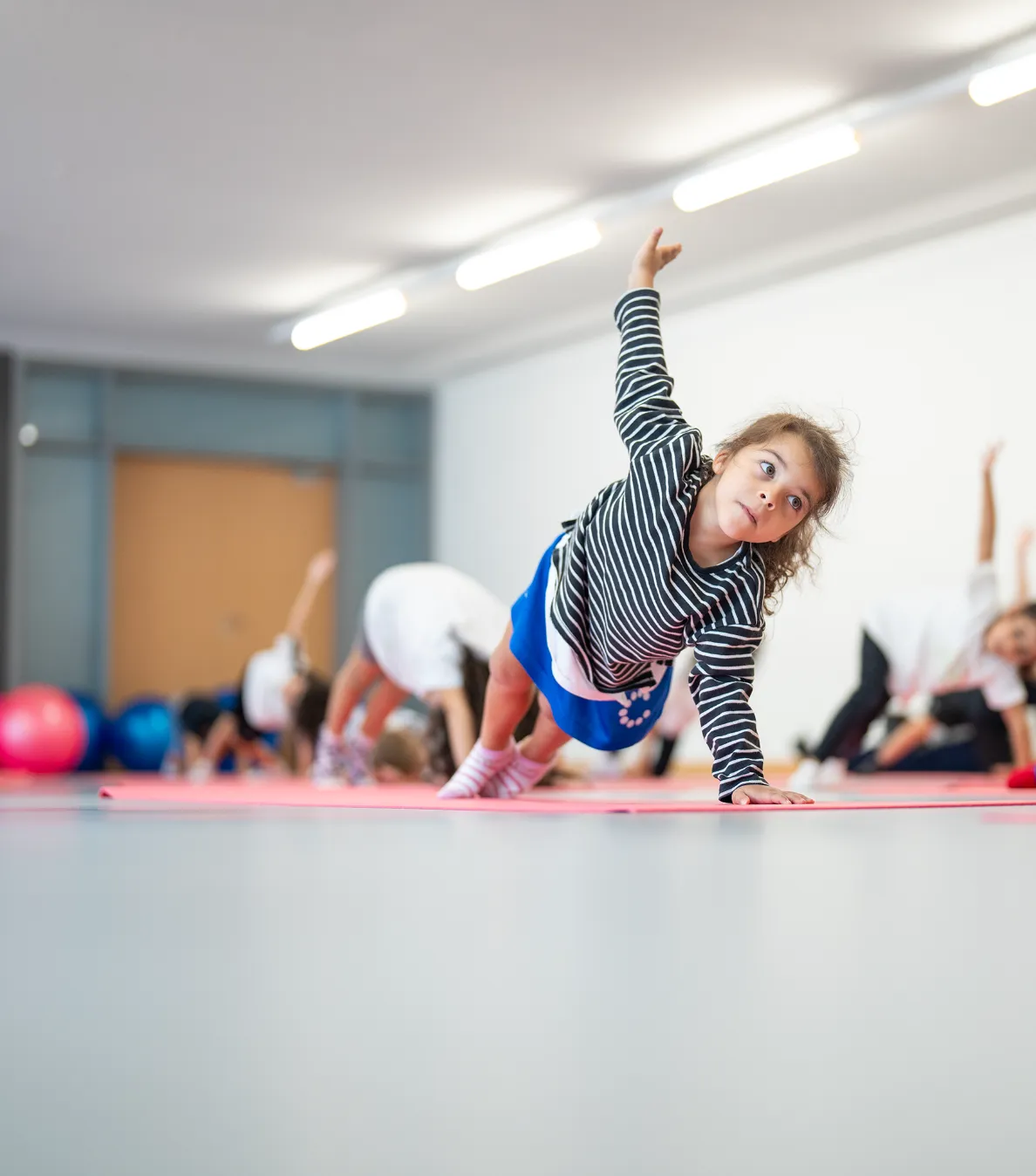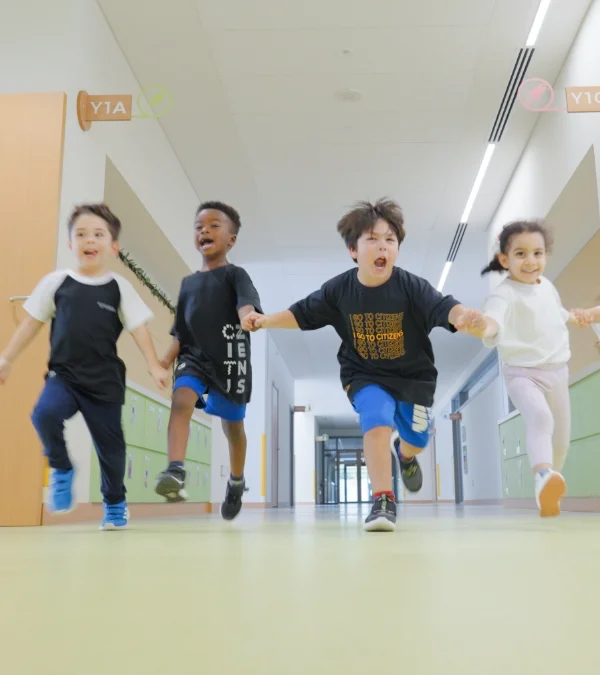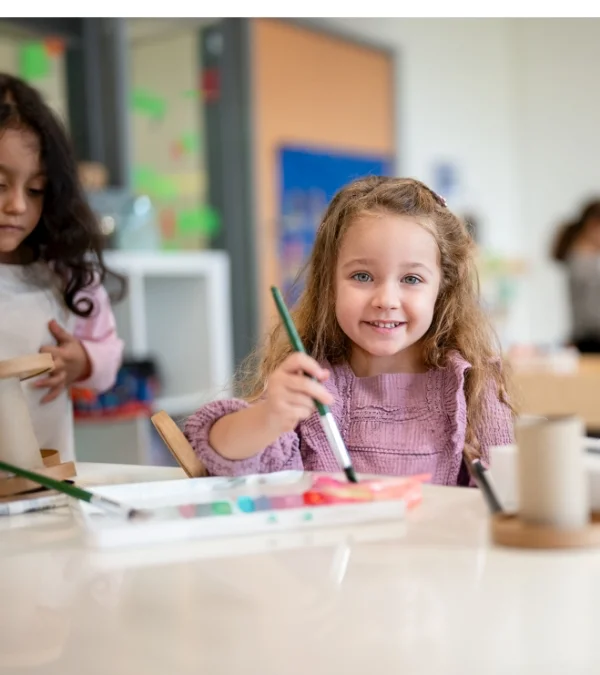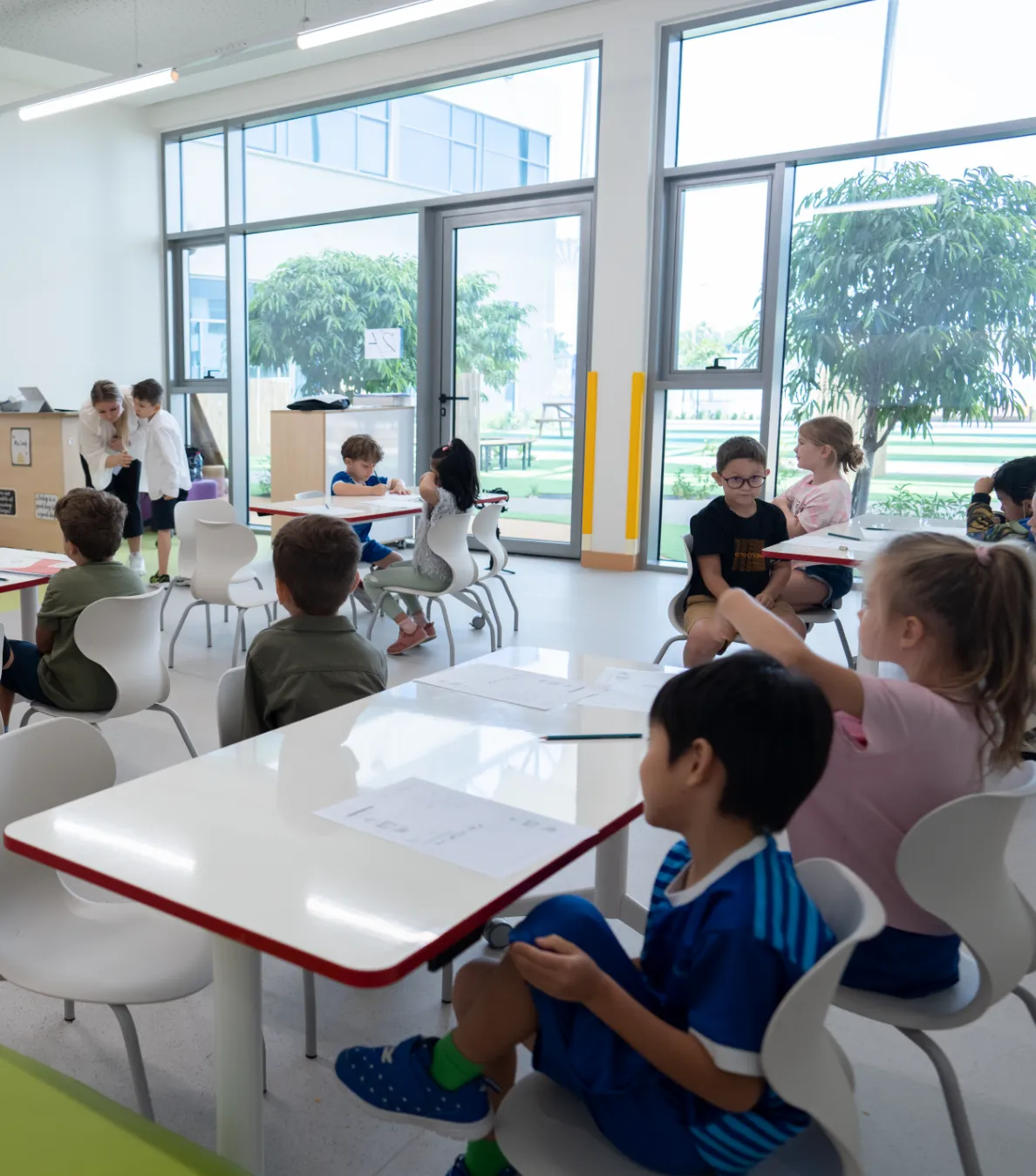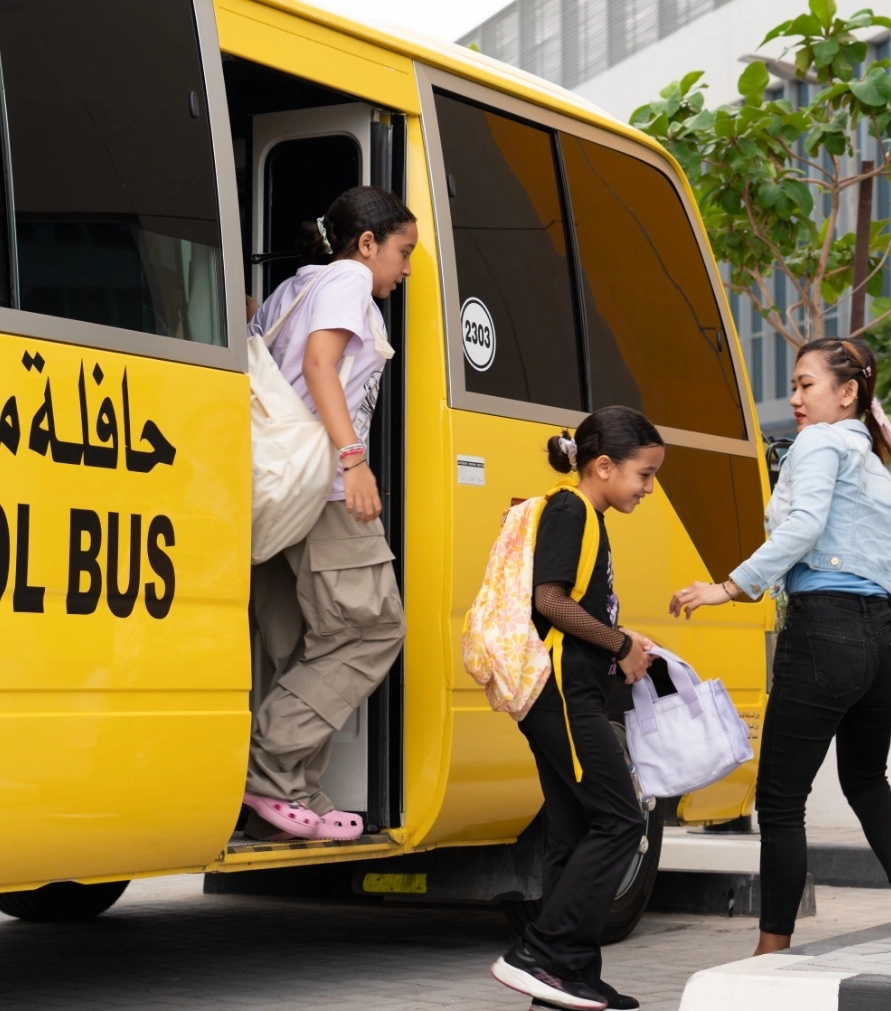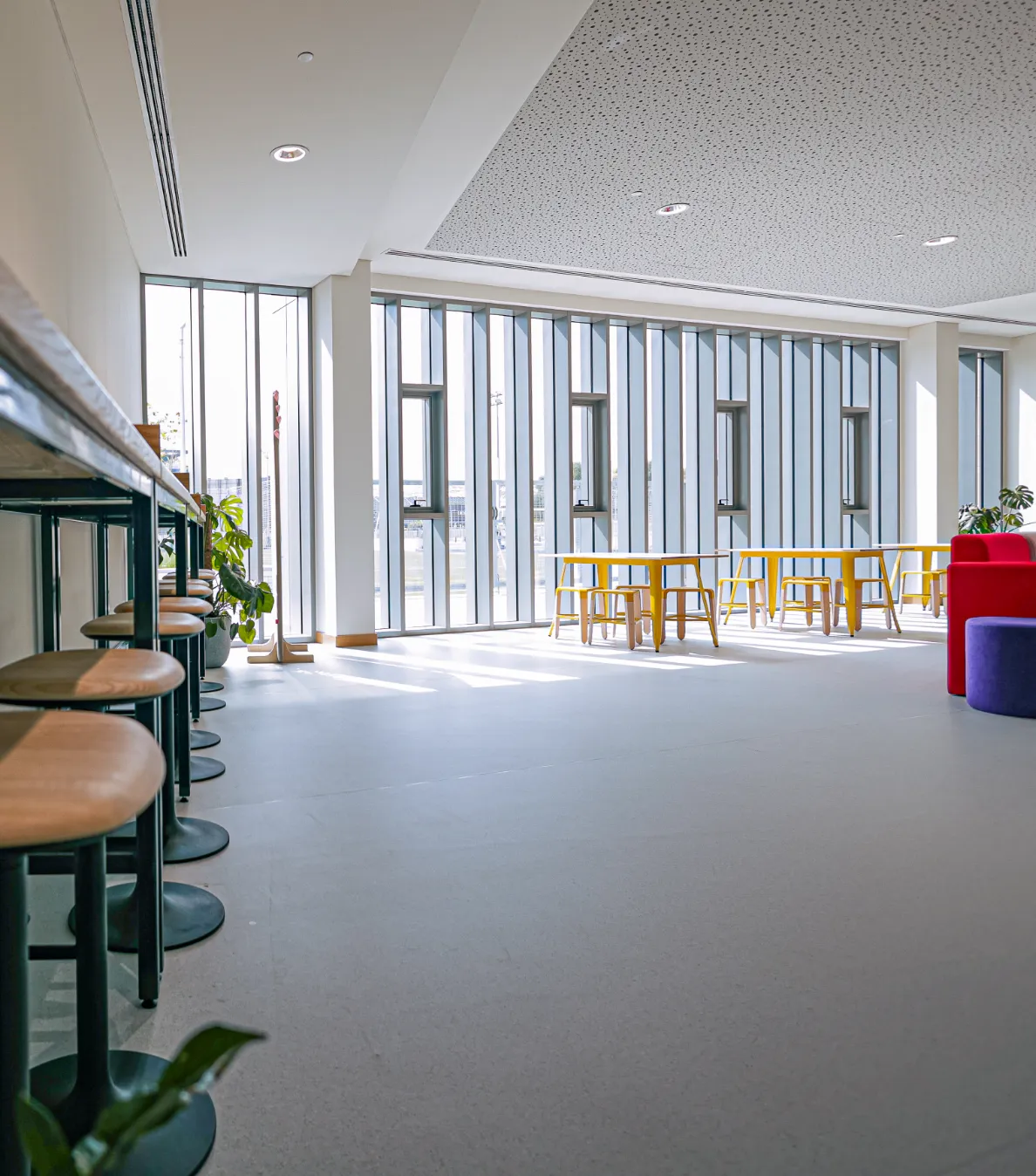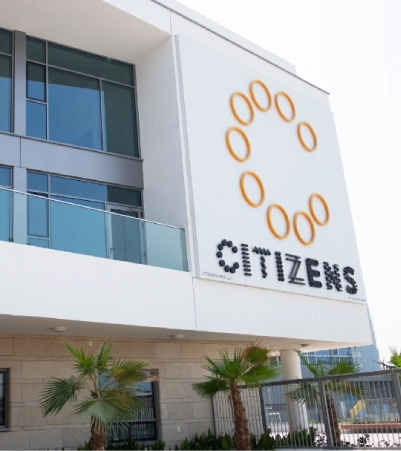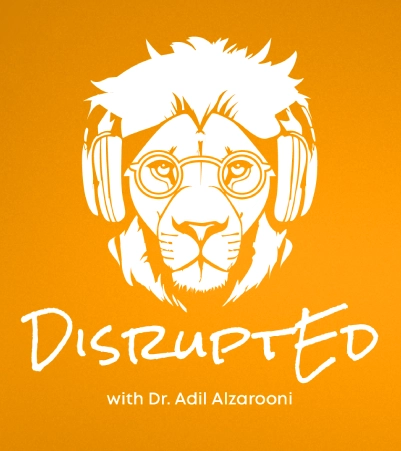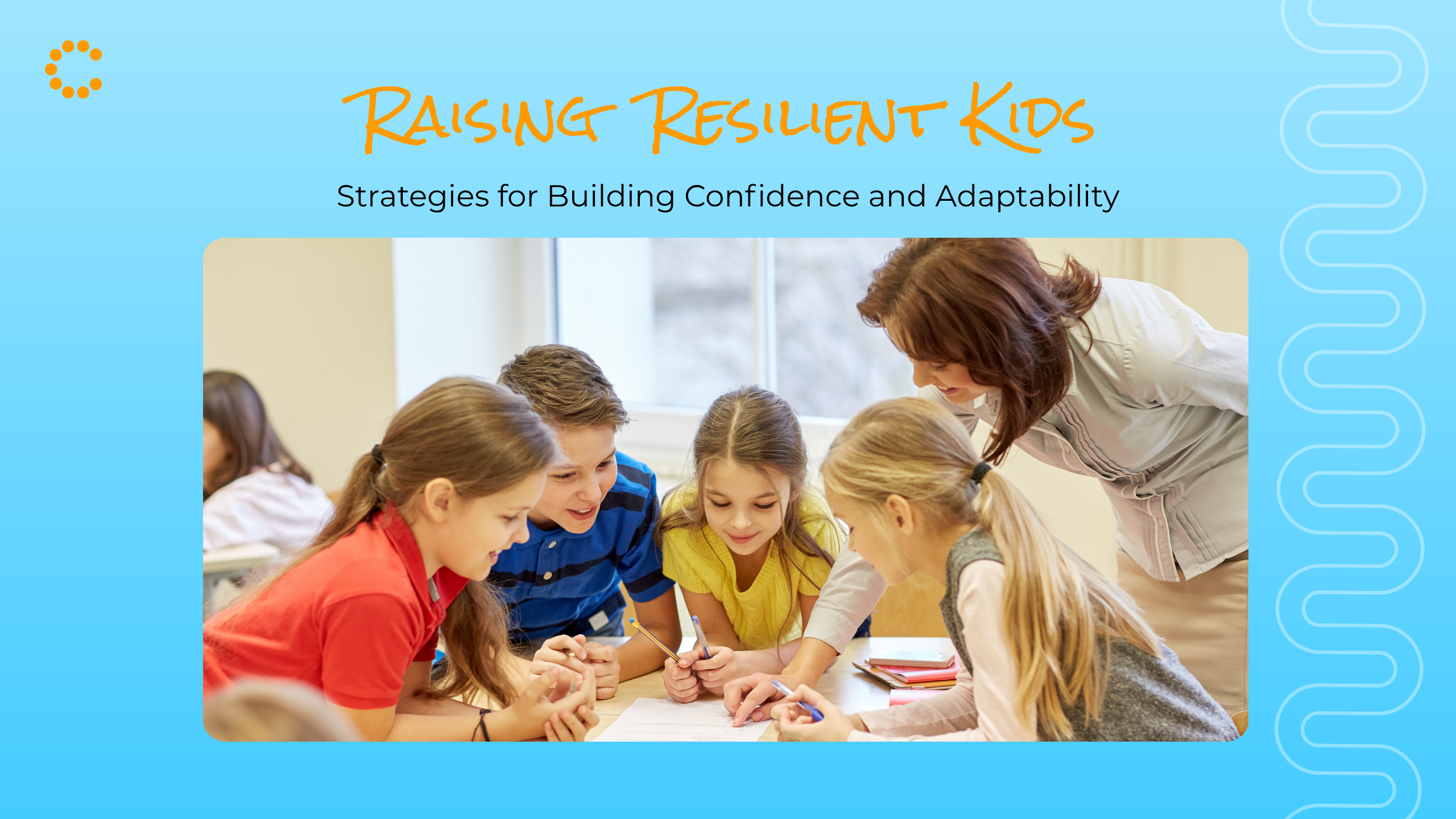
Raising Resilient Kids In Dubai: Strategies for Building Confidence and Adaptability
Every child will face moments of disappointment, frustration, or change as a part of growing up. But what helps them stand tall through those moments isn’t just intelligence or talent. It’s resilience.
Resilience is what helps children dust themselves off after setbacks, stay grounded when things don’t go as planned, and gather the courage to try again. It’s what gives them the courage to speak up, the flexibility to adapt, and the confidence to keep learning.
At Citizens School, resilience isn’t treated as an extra skill. It’s part of the foundation for building confidence in children in Dubai. Acting as a thread that runs through everything we do. Through meaningful relationships, purposeful learning, and a safe, nurturing environment, we help children build the skills they need not just to succeed but to thrive, no matter what comes their way.
This guide offers parents practical, heartfelt ways to nurture resilience at home while giving a glimpse into how Citizens helps children grow into confident, adaptable, and emotionally grounded individuals.
Why Resilience Matters in Childhood and Beyond
Resilience isn’t just about staying strong; it’s about learning how to traverse life’s challenges with confidence. Children who develop resilience early on are better equipped to manage academic pressures, social situations, and unexpected challenges. They’re more likely to take healthy risks, recover from mistakes, and keep trying, even when things get tough.
Beyond the classroom, resilience builds emotional security and self-belief. It lays the groundwork for how children respond to stress, setbacks, and change, not just today, but well into adulthood. In a world that’s constantly evolving, adaptability in Dubai kids has become as important as literacy or numeracy. The ability to adapt, reflect, and keep moving forward is a skill that will serve them for life.
Recognising the Signs of Resilience (or the Lack of It)
Resilience often shows up in quiet, everyday moments. A child who keeps trying after a mistake, asks for help without shame, or bounces back after disappointment is showing signs of emotional strength. They might not always succeed on the first try, but they don’t give up easily either.
On the other hand, a child who avoids challenges, becomes overwhelmed by small setbacks, or frequently says, “I can’t,” may be struggling with resilience. These are not flaws, they’re signals. Helping kids handle setbacks in Dubai begins by recognising these moments and responding with patience, empathy, and encouragement.
Practical Ways Parents Can Build Resilience at Home
Teaching resilience at home in Dubai doesn’t require a special curriculum, but it starts with everyday choices and interactions.
Let Them Face Age-Appropriate Challenges
Sometimes, watching from the sidelines is more powerful than leaping into action. As parents it can be tempting to step in and fix things quickly, but children grow when they try, stumble, and try again. Offer support, not solutions. Encourage small steps, and saying things like “It’s okay not to get it right the first time” or “Let’s give it another try” communicates that effort matters more than perfection.
Model Resilience Yourself
Children watch more than they listen. Let them see how you handle tough days, adapt to change, and stay calm in uncertainty. When you face a challenge, maybe work stress or a complex errand, share bits of your strategy: “I felt frustrated, but I took a moment to breathe and problem-solve.” Transparency in your coping helps children learn that mistakes and perseverance go hand in hand.
Teach the Language of Growth
Swap “You’re so smart” for “I’m proud of how you stuck with that.” In moments of frustration, ask, “What else could you try?” This language encourages thinking and effort instead of fixed ability, and plants seeds of lifelong learning.
Celebrate Effort, Not Just Outcome
Applaud persistence, creative thinking, and bravery in trying again. Noticing that your child spent time brainstorming or stayed calm through a tough task. When children feel seen for their effort, not just the end result, they begin to value the process over perfection.
Helping Children Manage Emotions Constructively
Emotional resilience begins with understanding feelings, not avoiding them. When children learn to name, express, and manage emotions healthily, they’re better prepared to face life’s ups and downs.
Teach Emotional Regulation
Sometimes, a few slow breaths, a quick count to ten, or pointing to a feelings chart is all it takes to help a child reset and feel in control. A calm space at home where your child can pause and reset can make a world of difference. Let them know it’s okay to feel frustrated, disappointed, or overwhelmed and that those feelings won’t last forever.
Encourage Problem-Solving and Reflection
Instead of rushing to fix the issue, ask them, “What happened? ” or “What could we try next time? ” This helps children think things through and see setbacks as learning moments. This is at the core of helping kids handle setbacks in Dubai.
How Citizens School Builds Resilience Through Learning
At Citizens, resilience isn’t an additional skill; it’s at the heart of how children learn, grow, and thrive. The school’s approach gently nudges learners to step outside their comfort zones, reflect on their experiences, and keep trying until they find their way.
A Curriculum That Encourages Trial and Error
At Citizens, learners learn that mistakes are part of the journey. We encourage them to tinker, test, stumble, and try again until something clicks. For instance, in tackling community issues, they prototype, test, and iterate, hence building resilience one revision at a time.
Supportive Mentor-Learner Relationships
In line with the pillar “Everyone Known & Known Well”, every child is guided by a mentor who understands their needs and celebrates their growth. These trusted relationships create a foundation of safety, making it easier for learners to take risks and build inner strength.
Resilience in Action: Examples from the Classroom
Whether it’s a learner revising a science project after failed trials or a group leading a peer workshop, real learning happens through challenge. School events, community activities, and learner-led initiatives offer many such moments where children stretch themselves, support one another, and grow in confidence.
Resilience Backed by Research
Decades of research affirm that resilience is not an inborn trait; rather, it’s a skill that can be nurtured over time. According to the American Psychological Association, children who develop resilience early are better equipped to manage stress, solve problems, and maintain emotional balance through life’s ups and downs.
Neuroscience also supports this: children exposed to positive relationships, safe challenges, and supportive learning environments build stronger neural pathways for emotional regulation and adaptive thinking. This reinforces the importance of teaching resilience at home in Dubai in partnership with a school environment that honours the child as a whole.
Conclusion
Raising resilient kids in Dubai begins with nurturing their confidence, social-emotional growth, and sense of purpose. At home, small shifts like inviting challenges, modelling perseverance, and celebrating effort can ripple into profound habits. In school, safe spaces, mentor support, project-based learning, and real-world challenges deepen inner strength.
Citizens School combines these elements, grounded in research and compassion. Through purposeful learning, tailored guidance, and an environment that sees each child as inherently capable, it prepares learners not just for the next step but for a life of resilience, curiosity, and mindful contribution.
